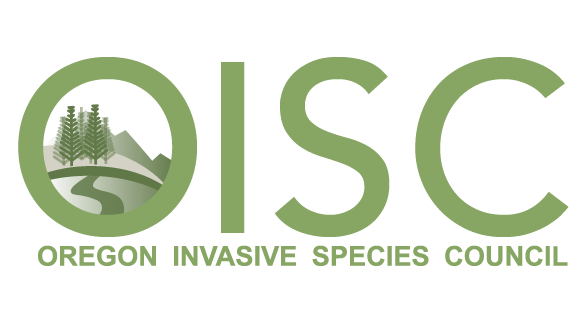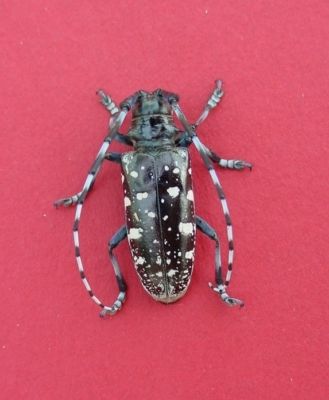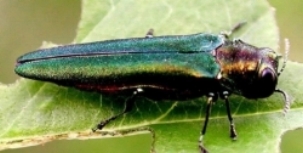Choose Local Firewood This Winter!
/The Oregon Department of Agriculture wants to remind everyone to buy their firewood locally and to Burn it Where you Buy it!
Asian longhorned beetle (photo by Michael Bohne, USDA Forest Service)
Emerald ash borer (photo by Leah Bauer, US Forest Service)
“Firewood is still one of the bigger vectors for accidentally transporting diseases and insects from one state to the next,” says Helmuth Rogg, director of ODA’s Plant Protection and Conservation programs. “Buy your firewood locally and burn it where you buy it. That way, you reduce the risk of bringing in invasive species. You also support a local industry.”
“We’ve been lucky,” says Rogg. “As more people move to and through Oregon, the risk increases– especially when they bring firewood with them.”
To read the full news story, originally posted by ODA on 11/16/2017, click here. Also, don't forget to check out our Don't Move Firewood campaign page.





